Quality and certification of cosmetics
We are increasingly surrounded by synthetic substances in our lives. In food, cosmetics, daily consumption items. They are basically everywhere. Fortunately, people are increasingly realizing that this “chemical path” does not lead to health and are beginning to return to natural products.
How to know natural and BIO cosmetics?
While the use of the word BIO is regulated by law in food labeling, this is not the case in cosmetics. Therefore, let’s not be fooled when the manufacturer states that his cosmetic product is natural and BIO. Its quality needs to be checked.
There are basically two options. We either study its composition, the so-called INCI, or we rely on the fact that the quality of the product is verified by one of the internationally recognized certification organizations and, if the cosmetic product meets the demanding conditions, it is awarded a quality certificate. The product is then marked with a certification logo.

BIO
The so-called “BIO zebra” certification mark represents a national trademark for organic food. This national logo is used to identify organic products and the certificate is issued by independent inspection bodies. Certification is granted only if the product meets all the provisions of the Organic Farming Act
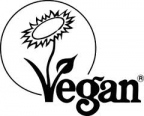
VEGAN
The green sunflower logo indicates products that are completely free of animal products and have not been tested on animals. It is awarded by the British non-profit organization Vegan Society, founded to support the philosophy and lifestyle of veganism. Products must meet Vegan ‘Animal-free’ Standards.
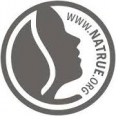
NATRUE
The international non-profit organization Natrue guarantees the high quality of natural cosmetic products with its logo. It guarantees compliance with the highest standards and products are classified into three categories according to their composition, differing in the number of stars. One star indicates natural cosmetics without chemicals, two stars indicate natural cosmetics with 70% organic ingredients
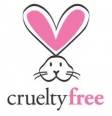
HCS
HCS and HHPS The Humane Cosmetic Standard (HCS) and Humane Household Products Standard (HHPS) certificates apply to cosmetics (HCS) and household cosmetics (HHPS) and indicate the origin of the product in terms of animal testing. Products marked with these certificates have not been tested on animals and the ingredients used in them have not been tested by the manufacturer.
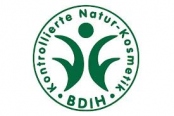
BDIH
BDIH BDIH is a certificate informing consumers about the origin of the ingredients used in terms of eliminating or minimizing the use of chemicals, ie. that it guarantees the natural origin of a certain part of the ingredients of a given cosmetic product and also defines the ingredients that must not be used in the manufacture.
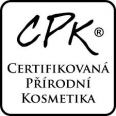
CPK
In addition to well-known and time-tested foreign certificates, we can also find a relatively new Czech eco-certification mark, the name of which is an abbreviation of the words Certified natural cosmetics – CPK. The certificate, based on the standards of the French company Ecocert, guarantees that the product does not contain synthetic compounds and harmful substances.
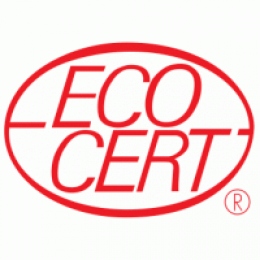
Ecocert
EcoCert The EcoCert ECO certificate (95% of ingredients of natural origin, of which 50% must come from organic farming) and the stricter EcoCert BIO (95% of organic farming) set the minimum contents of the ingredients used from organic farming.
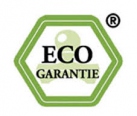
Eco Garantie is an international certificate for organic products. It has standards for natural cosmetics, personal care products and ecological laundry and cleaning products. A consumer who buys a product marked with the Eco Guarantee logo can be sure that the product meets the strict rules for granting this certificate, which are a guarantee of quality, safety and care for nature.
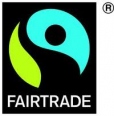
FairTrade – Fair trade is a trade partnership that aims to directly and effectively support disadvantaged producers from developing countries. It seeks to achieve this primarily by providing “fair” business conditions for the producers involved, by emphasizing compliance with core labor and environmental standards and by raising consumer awareness of the situation of small farmers and artisans in developing countries.
